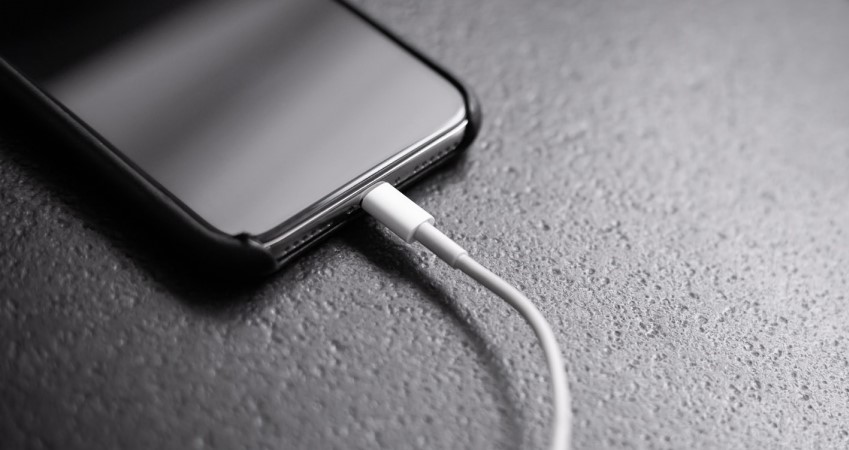A universal charger for small and medium-sized electronic devices will be launched in a few years’ time on the European market. That is certain now that, after the Member States, the European Parliament has also sided with the Commission’s proposal.
In the future, all smartphones, tablets, headphones and other electronics will have to be equipped with a USB-C port, accommodating a unique type of charger.
Parliament’s Committee on the Internal Market and Consumer Protection has adopted the Commission’s proposal by a large majority of 43 votes in favour and 2 against. As a result, electronic devices such as cell phones, tablets, digital cameras, headphones, portable video consoles and portable speakers will all need to be connected to the same charger. An exception is only provided for too small devices to be equipped with a USB-C port – such as smartwatches.
The new European legislation will apply to all producers. So also for Apple, which has been using its own Lightning port and adapter since 2012. So it will still be able to do that, but it will also need to provide a USB-C port on its devices.
The Parliament emphasizes not only ease of use for consumers, but also the fact that less electronic waste will be generated if devices no longer have to be sold with a charger. Thanks to the universal charger, an old cable can be connected to a new device anyway.
‘In Europe, 11,000 to 13,000 tons of electronic waste are generated every year. Therefore, a universal charger will benefit everyone,” says Maltese rapporteur Alex Agius Saliba. “It will help the environment, promote the reuse of old electronics, save money and avoid unnecessary costs and inconvenience for businesses and consumers.”
Under the Commission proposal, Parliament is calling for clear labels on the packaging of each device, indicating how it can be charged and whether the packaging contains a charger. Once the Parliament’s plenary has voted on the proposal, final negotiations with Member States can begin.



